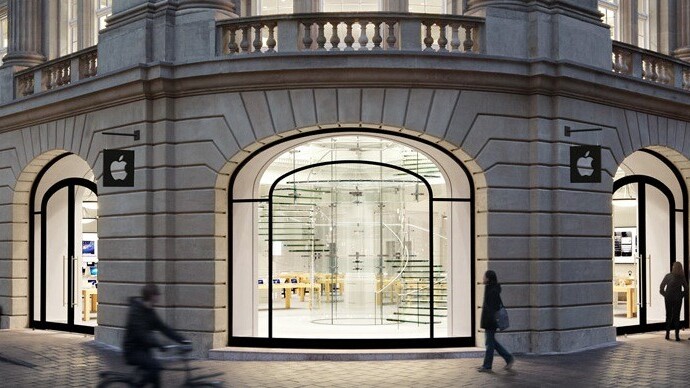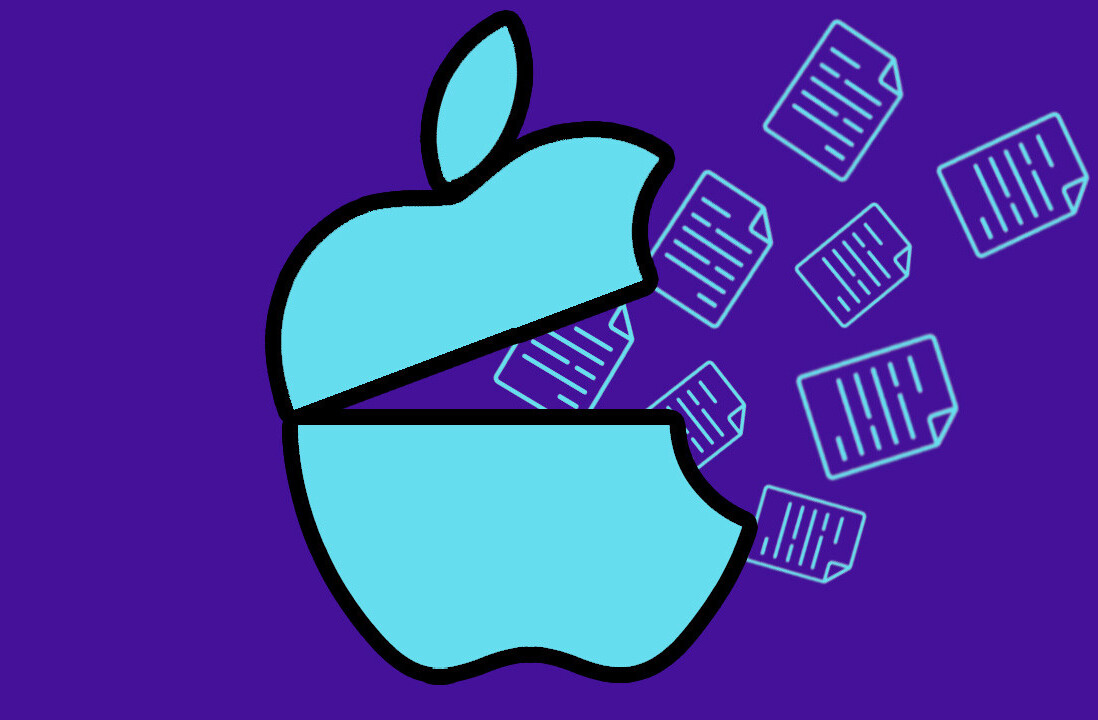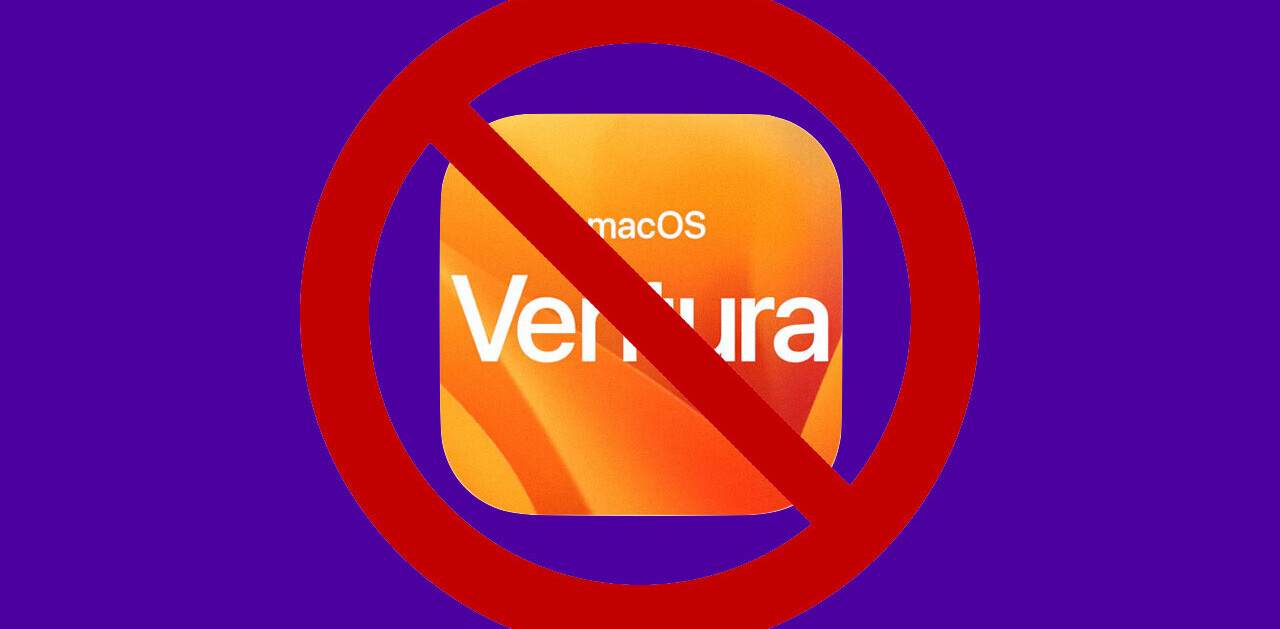
There was an article published today in The New York Times entitled ‘Apple’s Retail Army, Long on Loyalty but Short on Pay‘, discussing what the publication asserts is a huge disconnect between the money Apple retail employees make and the amount they bring in for the company.
This is the fourth part of The New York Times’ long-running iEconomy series, the earlier portions of which took a deep dive into Apple’s manufacturing processes in China and the reasons Apple doesn’t manufacture in the U.S.. Those caused a wave of discussion over the issues, which you may remember was later muddied by the revelation that monologuist Mike Daisey had fabricated some of his experiences in China, which he included in an editorial for the same paper. Even before those articles, Apple had been working to audit working conditions in China and now supplies monthly updates on its efforts to improve them.
I’m frankly not all that convinced of the overall premise of this particular article, although I have spoken to many members of its retail workforce which do back up what is said about working conditions there. Specifically, since the iPhone was released in 2007, there has been a major change in the day-to-day workload of retail employees. The emphasis is now on replacement of devices and speed, with some technicians juggling up to three or more customers at a time.
There are a lot of interesting tidbits in the article about the Apple Retail Store environment though, and I’ve collected a few here:
- 30,000: Out of 43,000 Apple employees in the U.S., about 30,000 of them work in Apple Retail Stores and make around $25,000 a year. Though discussions with workers and others lead us to believe that number is a bit lower than the current reality.
- $473,000: On an average, Apple store employee’s including sales and support staff, brought in $473,000 each for Apple last year.
- $5,647: By RetailSails numbers, Apple’s stores brought in $5,647 per square foot, more than any other U.S. retailer.
- $11.91: Many Apple retail workers earn around of $11.91 hourly, although we’ve heard this is on the low end. It also does not take into account recent wage increases.
- $16B: Apple stores worldwide sold $16 billion in merchandise last year.
- $3M: The best performing sales people at Apple stores can move as much as $3 million in wares in a year.
- 2.5 years: The average tenure for an Apple retail employee is is 2.5 years.
- 6 years: The tenure that Apple recruiters tell new employees that they would like to see from them.
- 90%: The average year-over-year retention rate for Apple Geniuses, or technicians.
- 65%: Although there are no commissions at Apple stores, both Apple Care and One to One training sessions are tracked in order to gauge performance. Employees are expected to achieve a 40% ‘attachment’ rate of training and 65% rate of Apple Care sales for products.
By the standards of retailing, Apple offers above average pay — well above the minimum wage of $7.25 and better than the Gap, though slightly less than Lululemon, the yoga and athletic apparel chain, where sales staff earn about $12 an hour. The company also offers very good benefits for a retailer, including health care, 401(k) contributions and the chance to buy company stock, as well as Apple products, at a discount.
Holding Apple to a higher standard because it is so successful makes for an interesting discussion, but most of the things that the article says about Apple can be said of almost any retail job. The article also makes some odd comparisons between Apple and other retailers that offer commission, which Apple does not do.
It also compares the money Apple workers bring in to those working at Costco and Tiffany’s, both of which are bizarre for their own particular reasons. Tiffany’s because diamonds are a significantly different retail item than consumer electronics, with massively different margins, and Costco because memberships bring in an immense portion of that company’s profits.
Apple itself provided a statement to the Times:
Thousands of incredibly talented professionals work behind the Genius Bar and deliver the best customer service in the world. The annual retention rate for Geniuses is almost 90%, which is unheard-of in the retail industry, and shows how passionate they are about their customers and their careers at Apple.
As we were able to confirm earlier this week, many Apple Retail employees received a raise of up to 25% after their personal performance evaluations this year.
Get the TNW newsletter
Get the most important tech news in your inbox each week.




